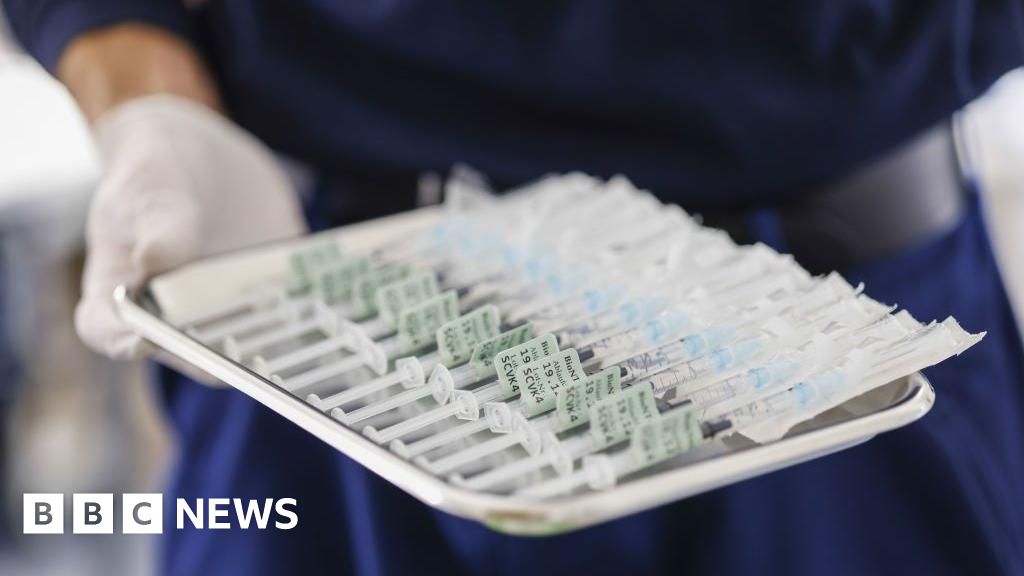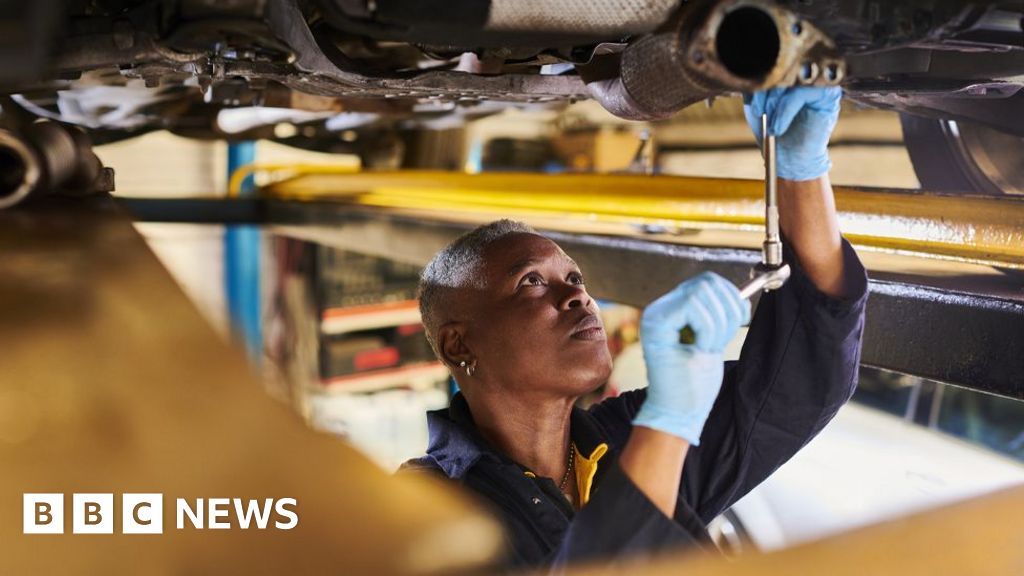ARTICLE AD BOX
By Russell Hotten
Business reporter, BBC News
Image source, HBO Max
Image caption,Peloton tried to boost its PR after a death in Sex and the City's remake - but it backfired
Public relations headaches for trendy exercise brand Peloton keep coming, with another unfavourable TV reference.
After a fictional character in the Sex and the City reboot died of a heart attack using a cycle machine, there's been a brush with death in Billions.
SPOILER ALERT: A central character in the hit series about a hedge fund also has a heart attack using his Peloton.
He survives, though, even jokingly referencing the death in the Sex and the City sequel, And Just Like That.
In the real world, Peloton has also been having a rough time. The share price has crashed, Peloton has paused production as sales fade, and there are reports of investors agitating for the chief executive to go.
The pandemic lockdown turned Peloton, which makes stationary bikes and treadmills with live-streamed workouts from popular instructors, into one of the hottest leisure brands around.
In the new series of Billions, which aired on Sunday, Mike "Wags" Wagner, played by David Costabile, is taken to hospital with chest pains after using his spin bike.
On his return to the office Wags tells staff "I'm not going out like Mr Big". That's a reference to the And Just Like That character (played by Chris Noth) who dies using his machine.
Although the Billions episode was produced before Mr Big's death, the reference was reportedly included later to add a contemporary feel.
After the first episode's screening, Peloton tweeted that it did not agree to its brand nor intellectual property being used in the show. The firm also emphasised the importance of cardo-vascular activity.
That tweet, and another from the company's global head of communications, prompted some lively replies, including that Bobby Axelrod, the rapacious hedge fund boss in Billions (played by Damian Lewis) should short Peloton shares - a bet the price will fall.
After the And Just Like That death, Peloton tried to recover the PR narrative with a parody advert featuring Chris Noth alive and well, and benefitting from exercise. But that backfired after allegations of sexual assault, which he denied.
Arguably, though, there is more serious damage to the Peloton brand. Sales - and the Peloton share price - boomed during lockdown.
But the company, worth $50bn at the peak of its popularity is now valued at about $8bn as the share price crashed as orders slowed.
The Wall Street Journal has reported that activist investor Blackwells Capital wants to oust John Foley, Peloton's co-founder and chief executive.
The investment firm is urging Peloton to sell itself to a company like Disney, Apple, Sony or Nike, according to reports.
After Mr Foley last week said Peloton was temporarily halting production due to lower demand, he wrote to staff that "layoffs would be the last lever (the company) would ever hope to pull" but that it is evaluating the structure and size of the team and that it was "considering all options as part of our efforts to make our business more flexible".

 2 years ago
24
2 years ago
24








 English (US)
English (US)